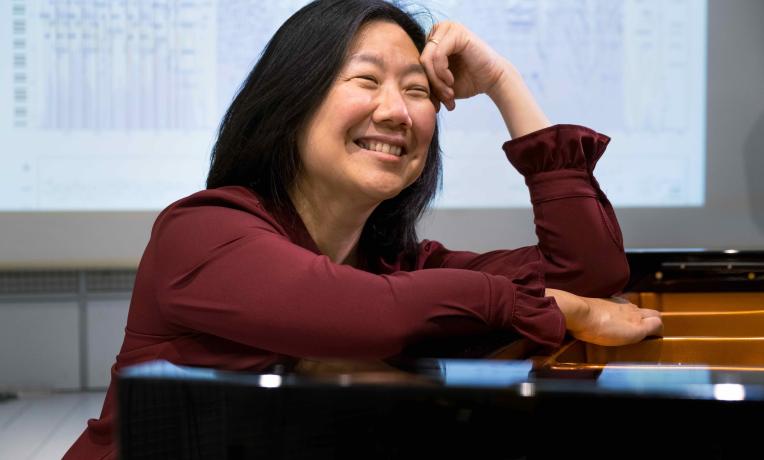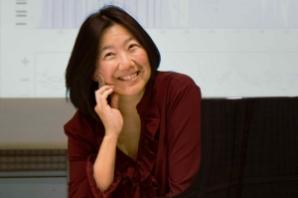Unlocking the therapeutic power of music through mathematics

Music and mathematics have been a part of Elaine Chew’s life since she began giving public piano performances at the age of ten. ‘I come from a family of mathematicians’, she says. ‘Maths was behind how life was organised and explained. When we moved house, for example, my father made models of the furniture and room layouts to analyse them as packing problems.’
ERC funding provided Chew, a researcher at the Centre National de la Recherche Scientifique (CNRS) in France, with the opportunity to combine her two passions and explore new frontiers of science. As a performer, she has always been fascinated by how music is communicated.
‘What gives a piece of music coherence?’ she asks. ‘Can we formalise this knowledge and turn it into something translatable, so more people can gain from this knowledge?’
Analysing the performance gap
Chew wanted to take the study of music beyond the traditional focus of composers, to understand what happens when music is transmitted from notes on a page to the audience. In essence, she wanted to explore through mathematical models what performers do in the otherwise intangible gap between the composer and the listener.
This unique focus has made Chew’s work extremely difficult to define. ‘Does my project sit best in computer science, social science, psychology or the arts and humanities?’ asks Chew. ‘The project also draws heavily on my mathematical background, as it involves writing equations to represent things, in this case, the perception and cognition of music.’
Her project has brought together a highly interdisciplinary and complementary team from across a number of academic disciplines. It also foresees a key role for citizens. ‘Musical performance is not just for trained musicians’, notes Chew. ‘Everyone listens to music. Involving the public will help us to understand the extent to which the communication of music is teachable, and how much is naturally perceived.’
Music as medicine
Together with her team, Chew is currently working on a citizen science platform. The platform, called CosmoNote, will be used to run different sets of participatory music studies targeted at different groups of people. The aim is for the platform to be engaging and fun, enabling the project team to carry out their analyses of how music is performed and perceived.
The experience aims to increase the team’s understanding of musical performance, and could lead to some interesting applications, including within therapeutic healthcare. Chew notes that these new mathematical ways of describing musical performance could also be used to describe physiological signals within the body. The technique could be applied to irregular heartbeats, for instance, therefore providing new ways to represent and understand variations in cardiac arrhythmia.
‘Musicians describe time-varying sequences and structures, and analyse them unfolding’, explains Chew. ‘The techniques we use to handle music can also be used to understand cardiovascular signals.’
‘Music touches the whole human experience’, says Chew. ‘It relaxes us, but it also gets us pumped up, excited, inspired and moved. It would be interesting to enable individuals to shape music so that it benefits them intellectually and mentally, and not just physically. Music can push us to the limits of what is humanly possible and achievable.’
How the ERC transformed science - interview with Elaine Chew
About the researcher
Professor Elaine Chew is a mathematical scientist and performance pianist. She is currently a Senior Researcher affiliated with the Centre National de la Recherche Scientifique (CNRS) at the Sciences and Technologies of Music and Sound (STMS) Laboratory in Paris, France. She is also a Visiting Professor at King’s College London. Chew completed her PhD at the Massachusetts Institute of Technology (MIT), focusing on the mathematical modelling of tonality. She won an ERC Advanced grant in 2018, and an ERC Proof of Concept grant in 2020.


